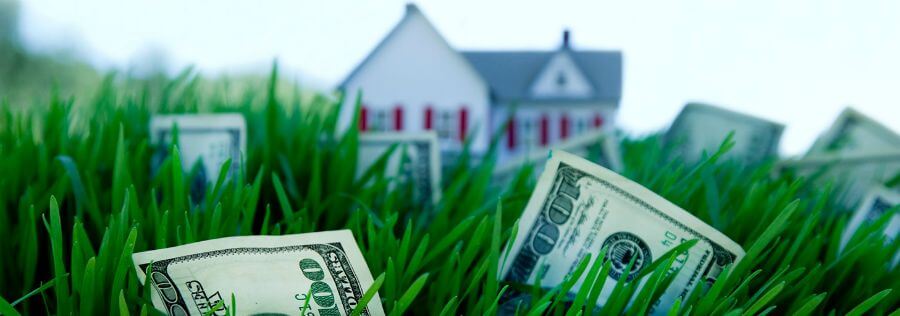
One of the many appeals of purchasing a home is the equity that you’ll eventually build up. As you make your mortgage payments, you’ll be primarily paying down the interest on the loan at first. Over time, though, the amount you owe on your mortgage is reduced through a process known as amortization. The result is the buildup of equity in your home.
Using Equity to Fund Your Life
Around the time that homeowners start to build equity, many of them start thinking about renovating or other major projects that are designed to improve their home and make it better suit their needs. In other cases, you might be looking for ways to fund your children’s college education. Regardless of why you want to access your home’s equity, you have two primary options for doing so: a home equity loan and a cash-out refinance.
Home Equity Loan
A home equity loan is a stand-alone loan that’s in addition to the mortgage you already have on your home. You’ll usually have a fixed-rate interest with a home equity loan and your lender might pay for a portion of your closing costs. Other things to consider include:
- In order to qualify, most lenders will require that you have at least a 90 percent loan-to-value ratio.
- In general, if the interest rates today are higher than the rate you’re currently paying on your mortgage, a home equity loan is better financially.
- The typical repayment time is around 15 years.
- You might be able to deduct the interest you pay if the home equity loan is used to improve your home.
Cash-Out Refinance
Generally speaking, a cash-out refinance usually offers a lower interest rate than a home equity loan. This makes them a good choice if the current interest rate is lower than the one you have on your home’s mortgage. In most cases, your lender won’t pay the closing costs for a cash-out refinance.
- This option is considered to be a single big loan that replaces your existing mortgage.
- For this reason, a cash-out refinance might be easier to qualify for because it gives the lender priority as a creditor in the event you default on the loan.
- Though it depends on a number of factors, homeowners can typically borrow up to about 90 percent of their home’s value.
- In some cases, a lender might require that the amount be significantly less than that.
- Because a cash-out refinance works much like a primary mortgage, the loan repayment could be a long as 15 — or even 30 — years.
- It’s a good idea to opt for the short loan repayment time frame you can afford.
- The interest you pay for a cash-out refinance is likely to be tax-deductible.
As with all matters regarding interest and your taxes, it’s a good idea to consult an expert in these matters when deciding between a home equity loan and a cash-out refinance. If you’re shopping for the lowest interest rates, RateWinner is an excellent place to start.

 Protected with 256 bit SSL
Protected with 256 bit SSL




